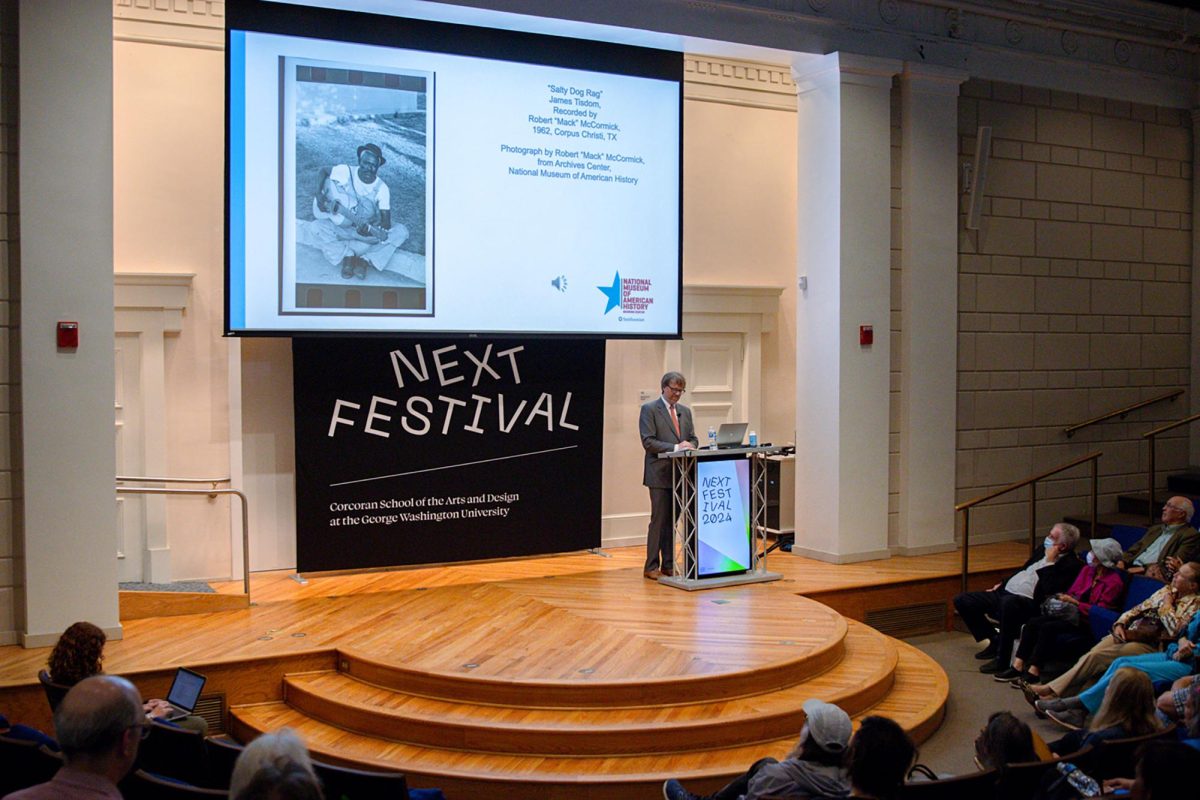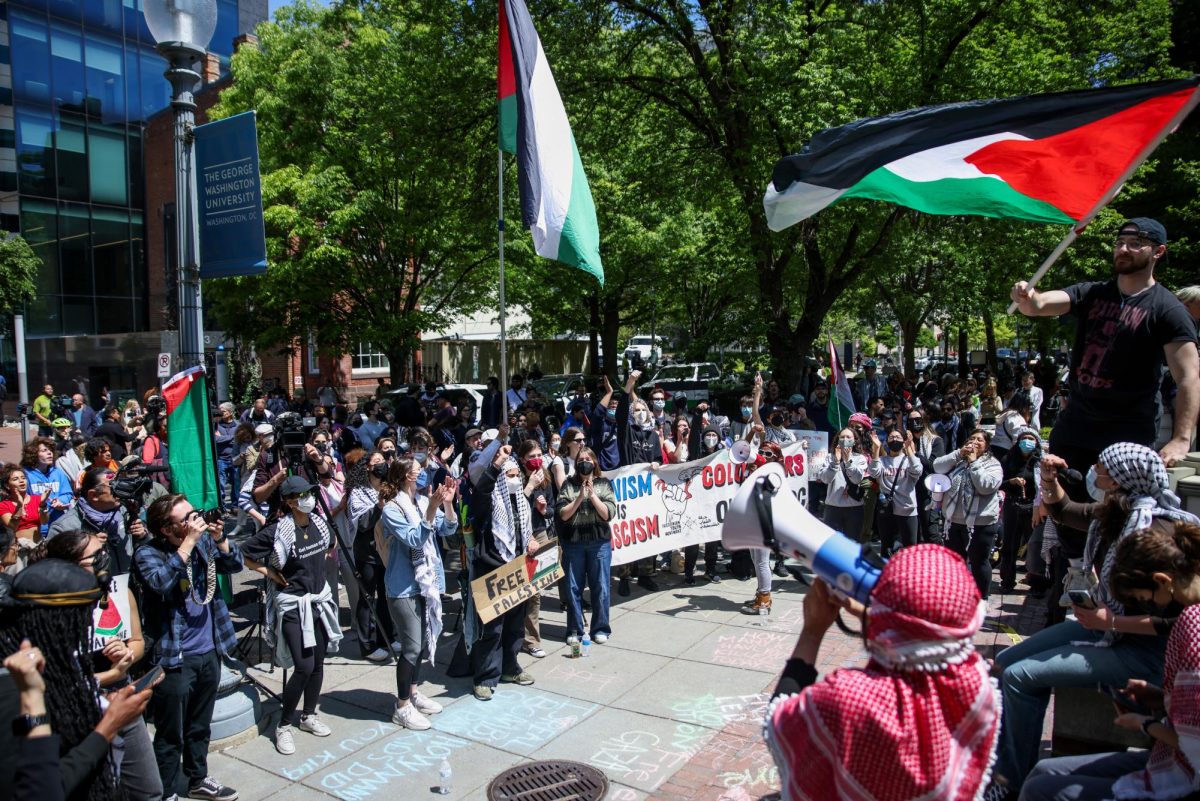Leaders from the Black Law Students Association hosted a discussion on the future of the 2021 Black political agenda Saturday.
The Rev. Al Sharpton, an MSNBC news host and civil rights leader, talked about Black political activism and grassroots organizing following widespread demonstrations across the world denouncing police brutality and systemic racism. BLSA President and senior Naseem Haamid moderated the virtual event, which was inspired by the 1972 National Black Political Convention.
Sharpton said the 1972 convention, during which thousands of Black Americans gathered to develop a political strategy, brought together several Black leaders with differing political beliefs. He said the historic event should serve as an example for inspiring cooperation during the current political climate.
“It brought all the elements of the Black community together, from hard core Black nationalists to Black revolutionaries to those who believed in the electoral process to those who believed in the civil rights movement to those who believed in self-defense,” he said. “So the magic of the convention when I was there was that they found a way to come together and set an agenda even though they had tactical and philosophical differences.”
Sharpton said moving forward, the Black political agenda should focus on three major pieces of legislation, namely the George Floyd Justice in Policing Act, a bill aiming to reform policing procedures; the John Lewis Voting Rights Act, a bill that would help protect against voter suppression; and H.R. 40, a bill seeking to establish a commission to study and develop reparations proposals.
“In 2021, these are some of the basic things we can agree on no matter our politics or religion, or lack of, and whatever our gender or sexual orientation may be,” he said.
Sharpton added that while politics is “tedious” and “difficult,” young people should not lose faith in the democratic process to advance social justice.
“I don’t think that politics solves all our problems,” he said. “I don’t think voting is a magic wand. But when you are a tenth of white wealth in this country – whites are 10-to-1 more wealthy in terms of median income in this country – you don’t have the luxury of saying ‘I want one silver bullet that will solve all my problems.’ You use everything available to you. Voting is available to you.”
Sharpton said his experiences watching the civil rights movement unfold during the 1960s taught him that public protests are integral for achieving legislative change.
“When Selma happened, President Lyndon B. Johnson began using the public drama of Selma to advance the 1965 Voting Rights Act,” he said. “Nonviolent protest doesn’t solve the problem, it dramatizes the problem. If you don’t dramatize the problem the public does not know or deal with the severity of the problem.”
Sharpton also said the Black electorate should remain engaged in grassroots organizing and work to hold political leaders like President Joe Biden accountable. Biden’s victory was in part driven by Black voter turnout in battleground states like Georgia, The Associated Press reported.
“We need to make sure that promises made are promises kept,” he said. “Most of them will keep their word if they see you are organized and have the numbers to back yourself up.”







